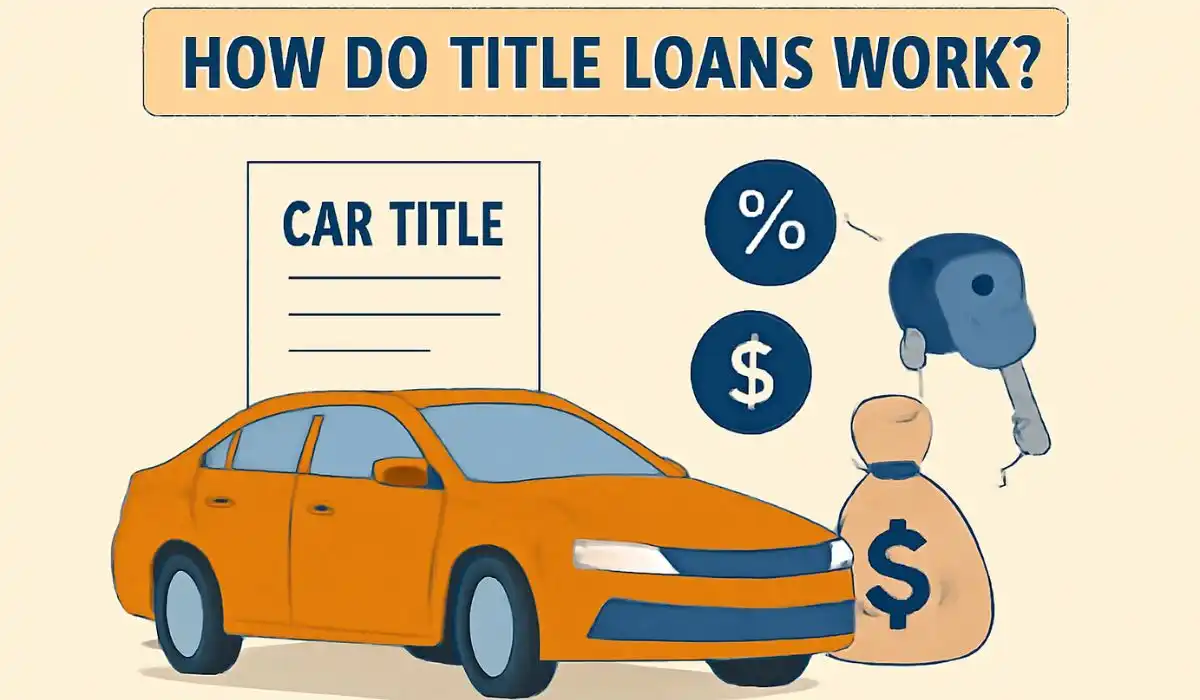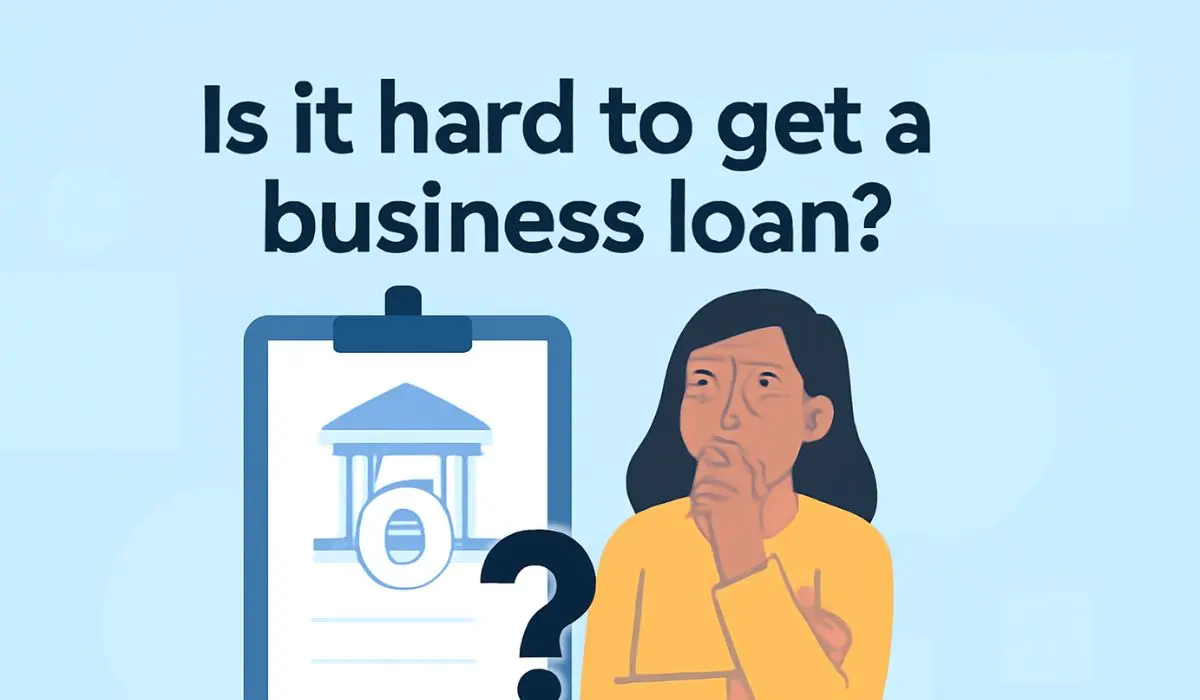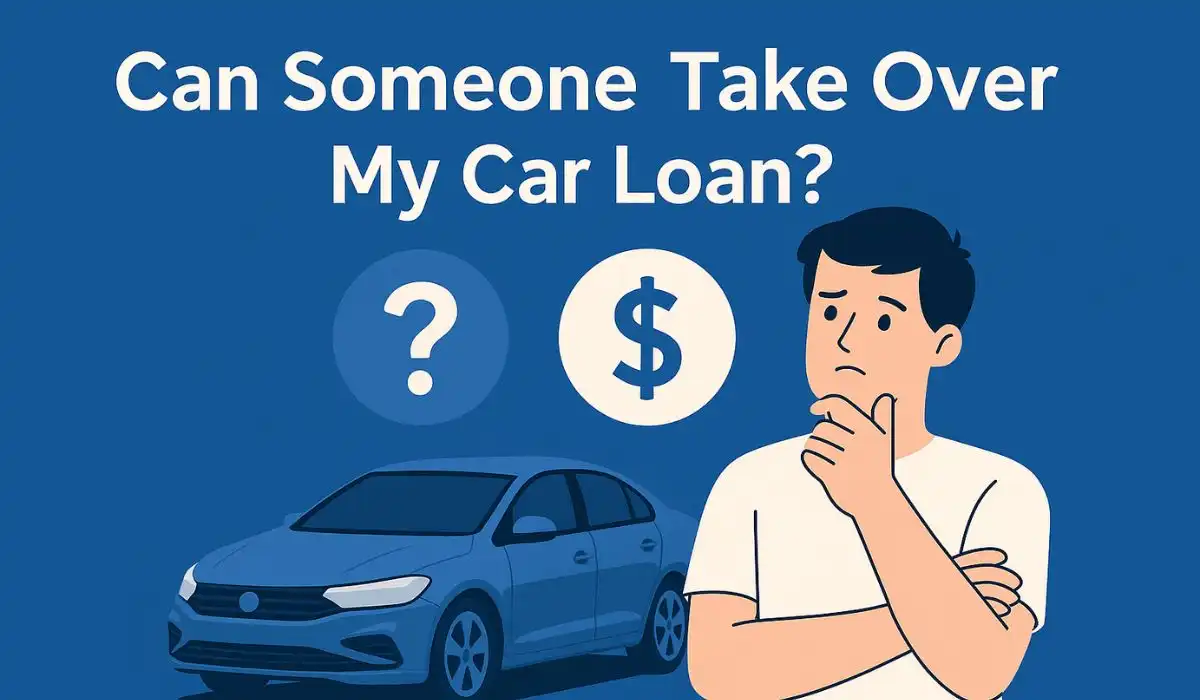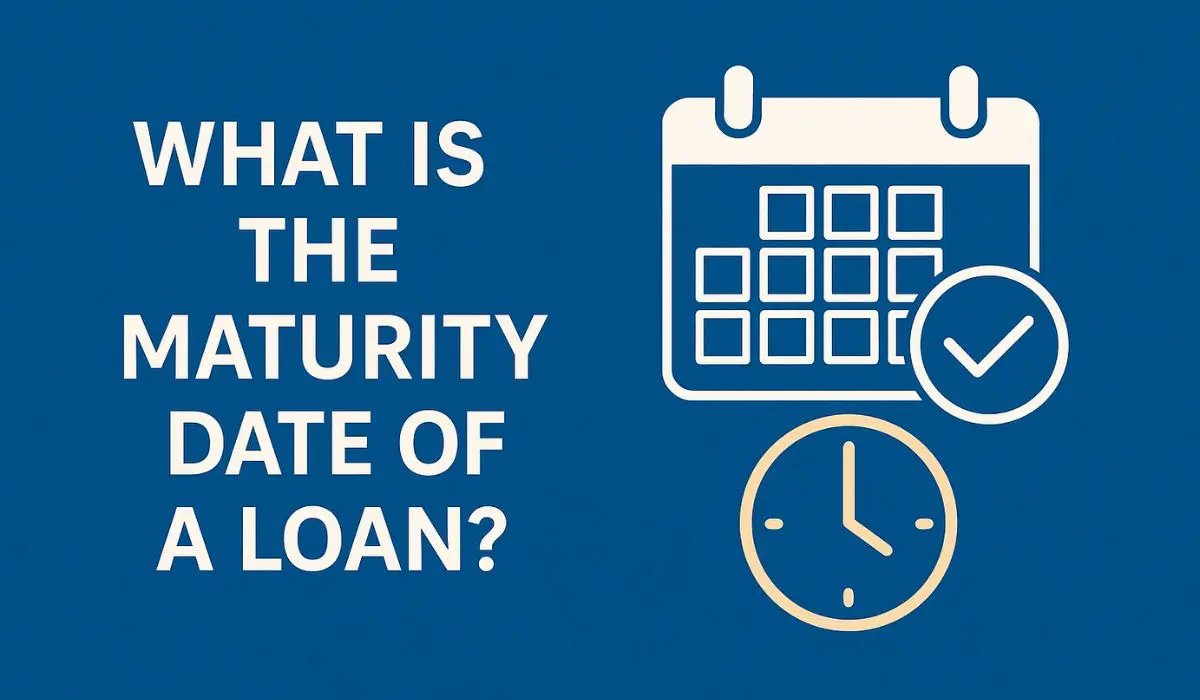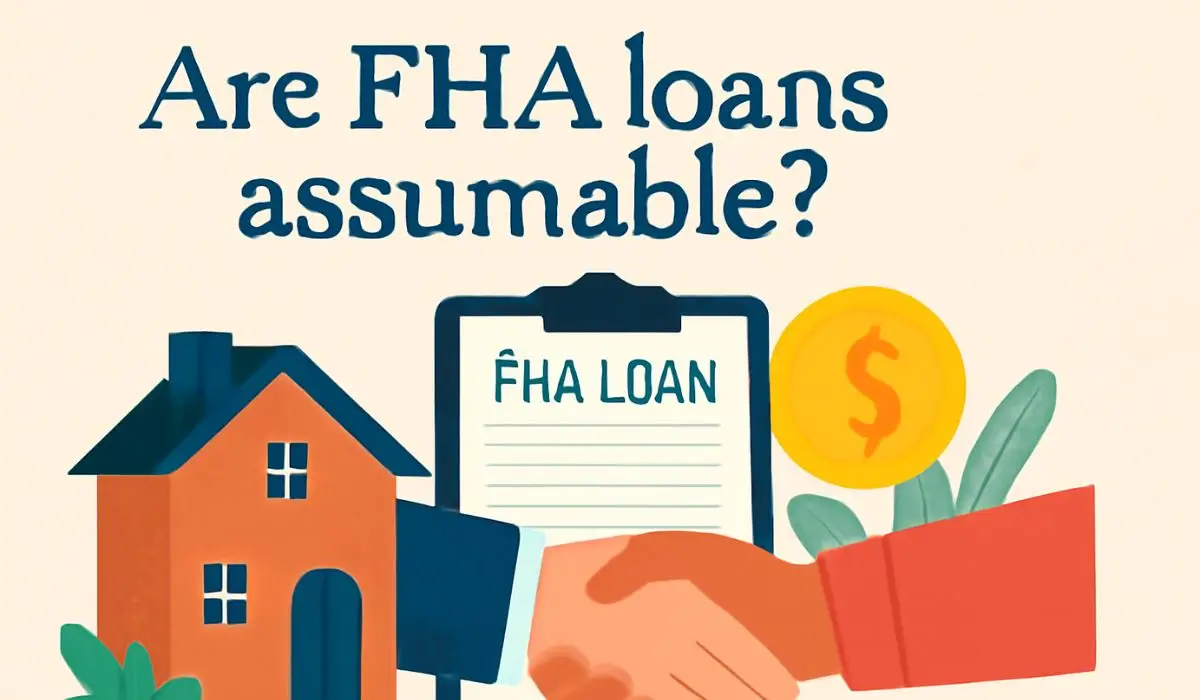If you’re facing a financial emergency and need quick access to cash, you might be considering a title loan. But before you move forward, it’s essential to understand how title loans work.
These short-term loans can be a fast solution, but they come with significant risks and high costs. Let’s break down what title loans are, how they work, and whether they’re a good option for your financial needs.
What is a Title Loan?
A title loan is a short-term loan where you use your vehicle’s title as collateral. In simple terms, the lender holds onto your car’s title until you pay back the loan, with interest, and any fees. If you fail to repay the loan, the lender can repossess your vehicle to recover the money.
Title loans are typically designed for people who need quick access to cash, especially those with bad credit or limited options for traditional financing. They are often used for emergencies like car repairs, medical bills, or other urgent needs. However, how title loans work might not be as straightforward as it seems.
How Do Title Loans Work?
The process of getting a title loan is relatively simple. First, you’ll need to apply for a loan with a lender. The application might be completed online or at a physical store. To qualify, you must own your vehicle outright or have a minimal remaining balance on any auto loans. Here’s an overview of how title loans work:
- Loan Approval Process
After applying, you’ll need to show proof of ownership of the car (i.e., the car title), your photo ID, and proof of insurance. Some lenders may ask for an extra set of keys or even install a GPS tracker or “kill switch” in your vehicle to facilitate repossession if necessary. - Loan Amount
The amount you can borrow is typically 25% to 50% of your car’s market value. For instance, if your car is valued at $5,000, you might be able to borrow up to $2,500. The exact amount depends on the lender’s policies and the value of your vehicle. - Interest Rates and Fees
One of the most important things to understand is that title loans come with high interest rates. They can often range between 100% and 300% APR (annual percentage rate), making them one of the most expensive borrowing options. Additionally, lenders may charge extra fees for processing the loan, originating the loan, and even for the vehicle inspection. - Repayment Terms
Title loans are typically due within 30 days. If you cannot repay the loan by the due date, you may have the option to roll it over into another loan period, which will add more interest and fees. Unfortunately, this can quickly lead to a cycle of debt, where you pay off one loan but end up with another one with even more fees and interest. - Risk of Repossession
The most significant risk associated with title loans is the potential loss of your vehicle. If you default on the loan, the lender has the legal right to repossess your car and sell it to recover the loan amount. This can leave you without transportation, which can be a major inconvenience or even devastating, depending on your situation.
Are Title Loans a Good Idea?
While title loans can be a quick way to get cash, they come with high interest rates and the potential for debt accumulation. In many cases, borrowing from a lender that offers traditional personal loans or payday alternative loans might be a better choice. These options typically offer lower interest rates and better repayment terms.
Here’s why title loans can be a bad idea:
- High Interest Rates: As mentioned earlier, the interest rates on title loans are extremely high. Even a small loan can end up costing much more than what you initially borrowed due to the interest and fees.
- Debt Cycle: If you cannot repay the loan on time, you might roll it over, adding more fees to your original debt. This can quickly spiral into a debt trap, where you owe more than you can afford to pay back.
- Risk of Losing Your Vehicle: If you can’t repay the loan, the lender can take your car. This could be the most significant drawback of using a title loan to meet short-term financial needs.
Alternatives to Title Loans
Before opting for a title loan, consider these alternatives that might be safer and more affordable:
- Personal Loans: Personal loans from banks or credit unions usually offer lower interest rates than title loans. They also don’t require you to pledge your vehicle as collateral.
- Payday Alternative Loans (PALs): Many credit unions offer payday alternative loans, which are short-term loans with much lower interest rates than title loans. You’ll need to become a credit union member, but it could be a better option.
- Credit Cards or Cash Advances: If you have a credit card, using it for a cash advance can be a cheaper alternative to a title loan, though it still comes with high interest rates.
- Borrowing from Family or Friends: If possible, consider borrowing from family or friends. While this can be uncomfortable, it often doesn’t come with high interest or the risk of losing a car.
The Bottom Line
How do title loans work? They are fast, short-term loans that use your vehicle as collateral. While they may seem like a good solution in an emergency, they come with high interest rates, fees, and the risk of losing your car.
Before agreeing to a title loan, it’s crucial to carefully consider your options and explore alternatives like personal loans, payday alternative loans, or even borrowing from family and friends. Understanding how title loans work and their potential risks can help you make a more informed decision and avoid financial trouble down the road.
FAQs
Two disadvantages of a title loan are high-interest rates, which can make repayment expensive, and the risk of losing your vehicle if you fail to repay the loan on time.
You have to pay back the loan amount plus interest fees and any additional fees. For example, on a $1,000 loan with a 25% fee, you would owe $1,250 after 30 days.
It’s risky, as if you default, you could lose your car. Consider other loan options with lower interest and no collateral requirements.
Not usually, due to high costs and the risk of losing your vehicle. Explore alternative financing options before resorting to a title loan.
A $1,000 payday loan could cost you between $1,200 and $1,500, depending on the interest rate, fees, and loan term.
